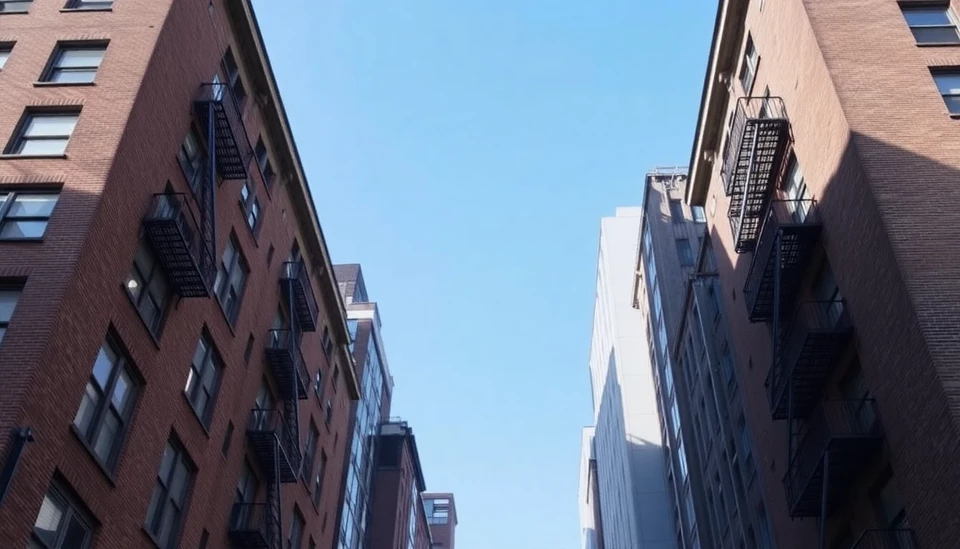
As New York City grapples with its ambitious climate goals, the implications of Local Law 97 are set to transform the landscape for condo owners throughout the city. This law, part of a broader plan to reduce greenhouse gas emissions by 40% by 2025 and 80% by 2050, has drawn attention for creating a new financial burden for residential building owners, particularly in the condominium sector.
Local Law 97, enacted as part of the Climate Mobilization Act in April 2019, mandates that buildings larger than 25,000 square feet must adhere to strict emission limits. Depending on the size and energy efficiency of the building, owners who exceed these limits could face steep penalties that could add up to significant sums annually. Estimates suggest that buildings could be charged approximately $268 per metric ton of carbon dioxide emitted over the allowable limits, leading to potential costs spiraling into the hundreds of thousands if these emissions are not properly managed.
For condo owners, many of whom may have minimal experience in the complexities of energy regulations, this presents a daunting challenge. Unlike large commercial properties with teams dedicated to energy efficiency and compliance, smaller residential buildings often lack the resources to invest in significant upgrades that could mitigate potential fines. As a result, many condo owners may find themselves subject to unexpected financial strains as they attempt to conform to these new requirements.
Furthermore, with inflationary pressures and rising maintenance costs making the financial landscape increasingly turbulent, the burdensome obligations imposed by Local Law 97 may contribute to additional stress for condo associations and their members. Some boards are already anticipating an uptick in fees as they navigate necessary upgrades and compliance strategies, weighing the potential costs against the financial health of their communities.
While some owners are already initiating energy audits and retrofitting plans intended to bring their buildings into compliance ahead of the looming deadlines, experts warn that the process of achieving compliance is often fraught with challenges. The upfront investment in energy efficiency measures can be costly, and not all buildings will benefit equally from available tax incentives or rebates.
Community advocates are urging condo owners to come together and develop a collaborative approach to tackle the impending legislative requirements, suggesting that partnerships or shared resources could ease some of the burdens. Without a shared plan, division among owners over how to manage costs and improvements could further complicate the situation.
The city has also promised to provide guidance and support as property owners face these changes. However, many remain skeptical about the level of assistance they will receive. As compliance deadlines loom, the stakes are high for condo owners who, while committed to environmental sustainability, may feel unprepared for the financial implications associated with the new law.
In summary, the introduction of Local Law 97 represents both a challenge and an opportunity for condo owners in New York City. While the goals of the legislation aim to promote a healthier, more sustainable environment, the immediate repercussions may force many to reconsider their budgeting strategies and long-term building investments. As the law comes into effect, all eyes will be on how owners adapt and the potential ripple effects within the wider community.
#NYCCondoOwners #LocalLaw97 #GreenEnergy #Sustainability #BuildingCompliance #ClimateChange #NewYorkCity #RealEstate #>>
Author: Peter Collins




